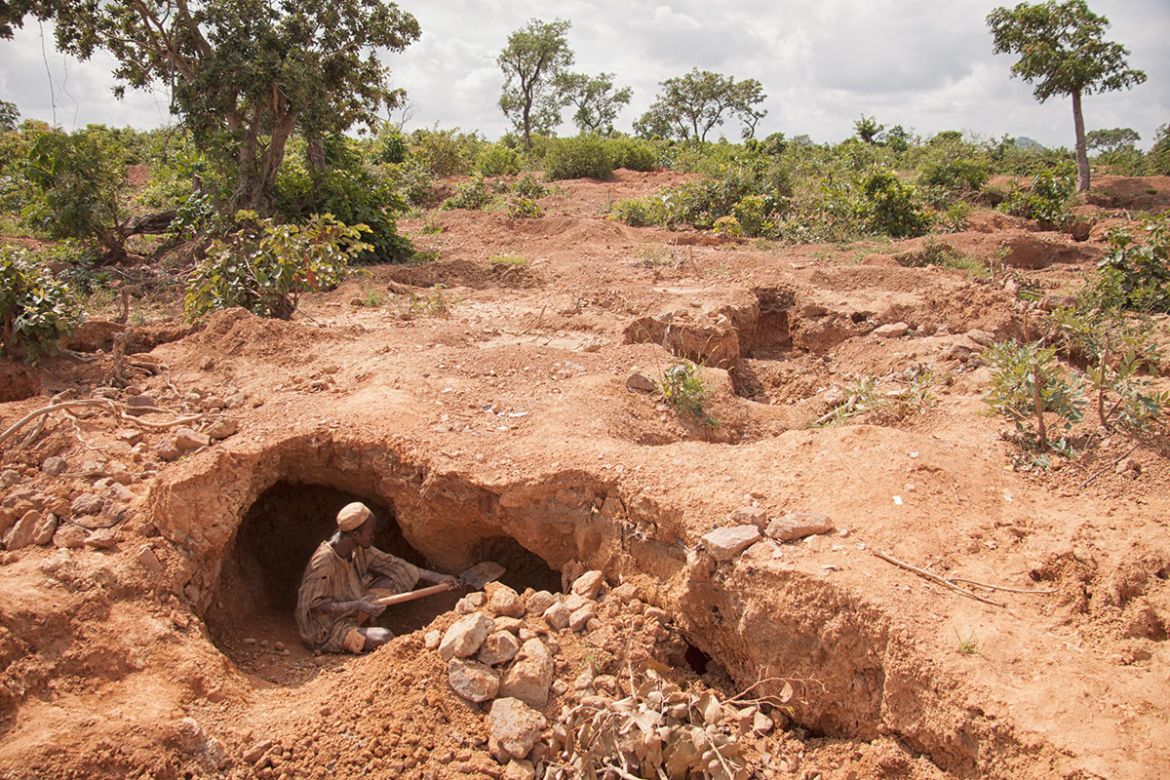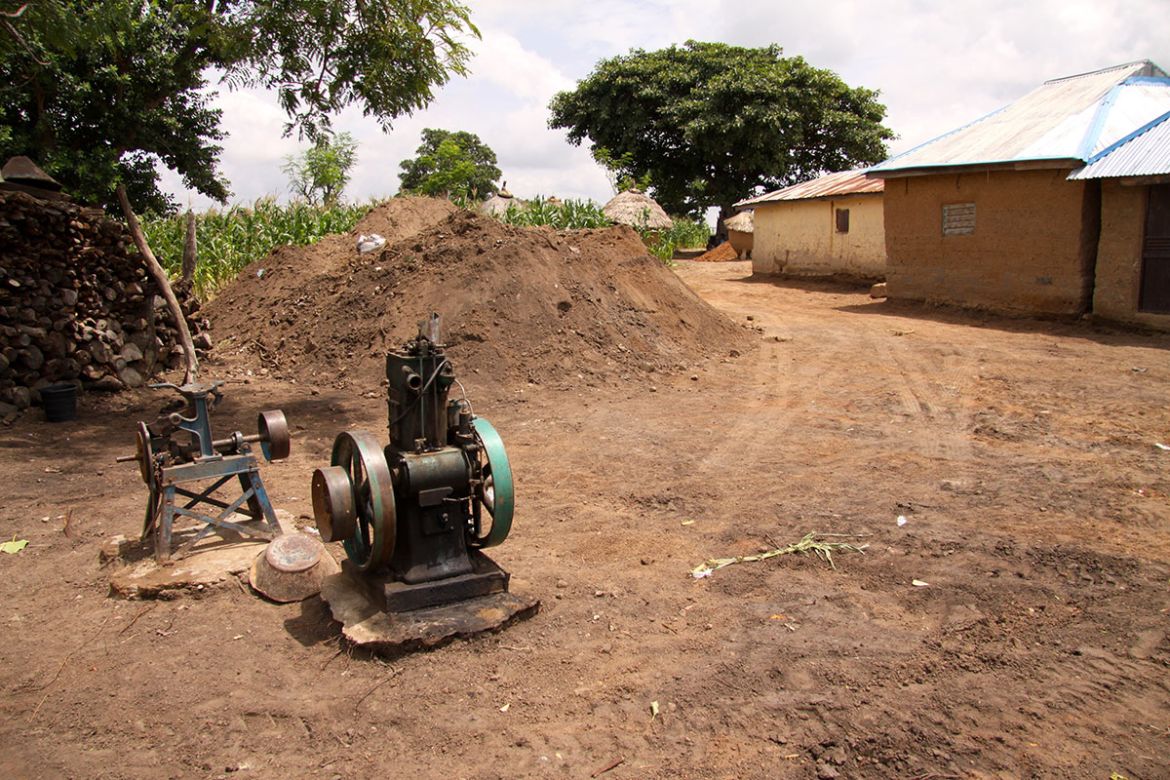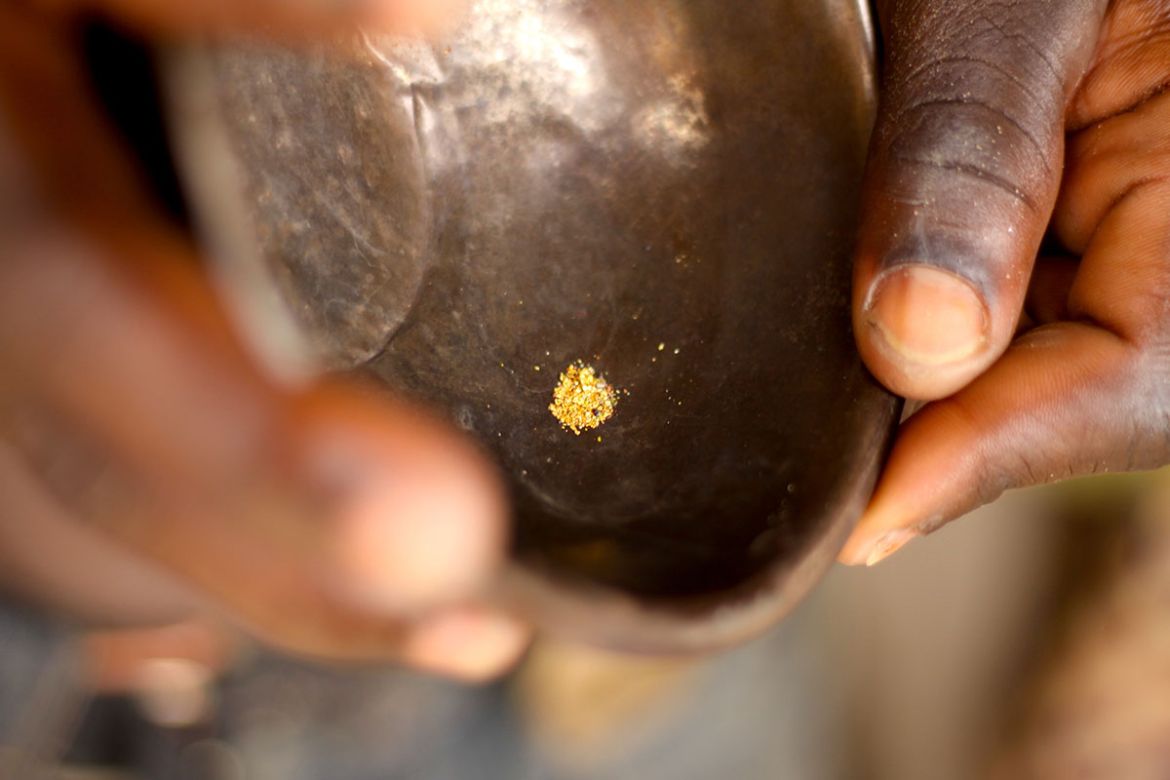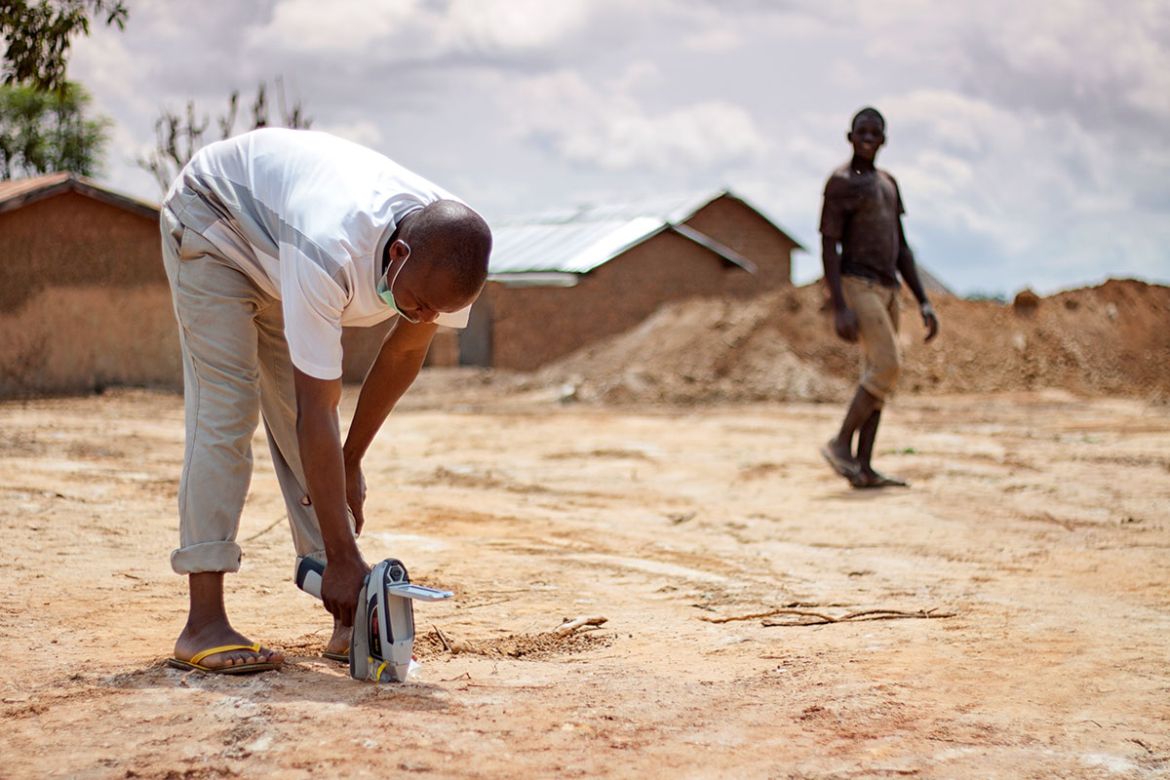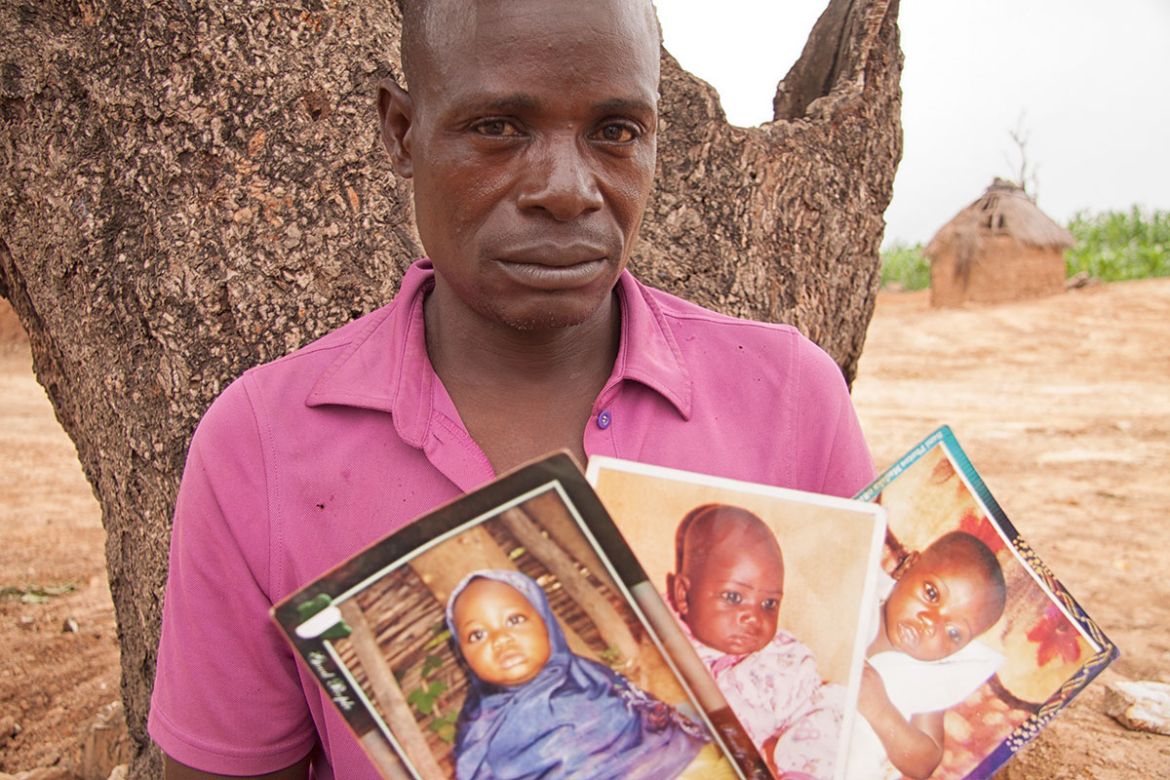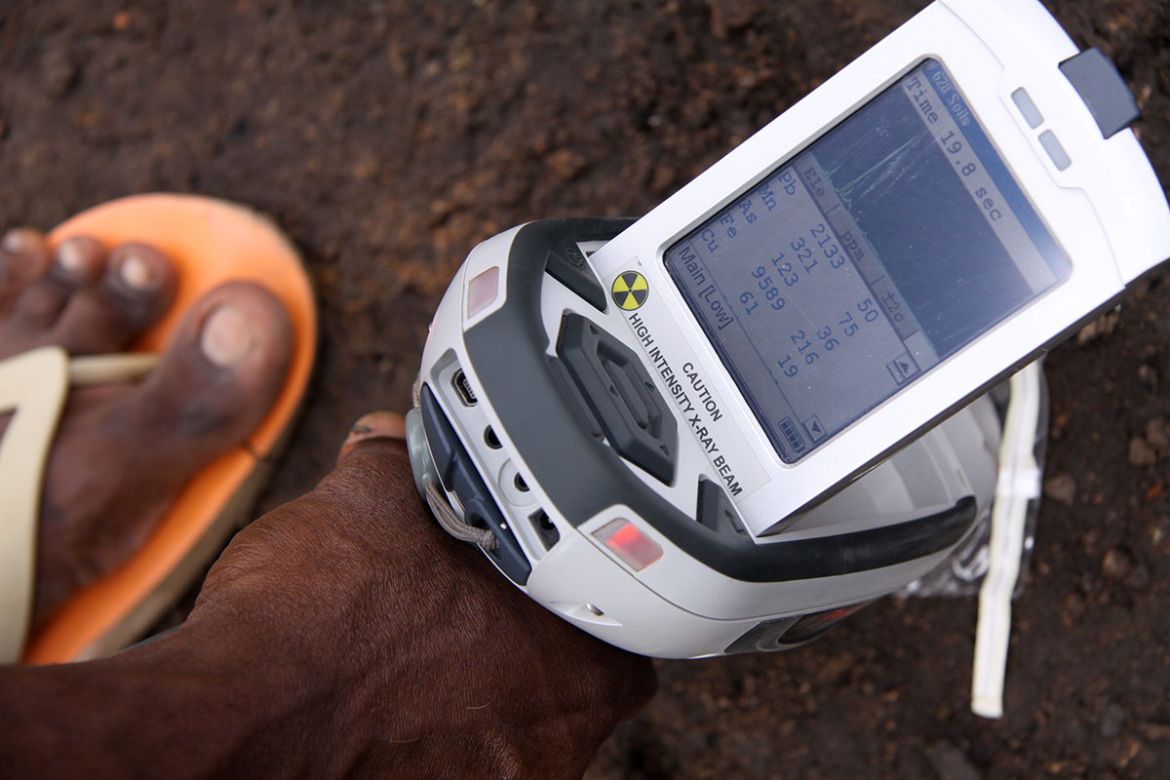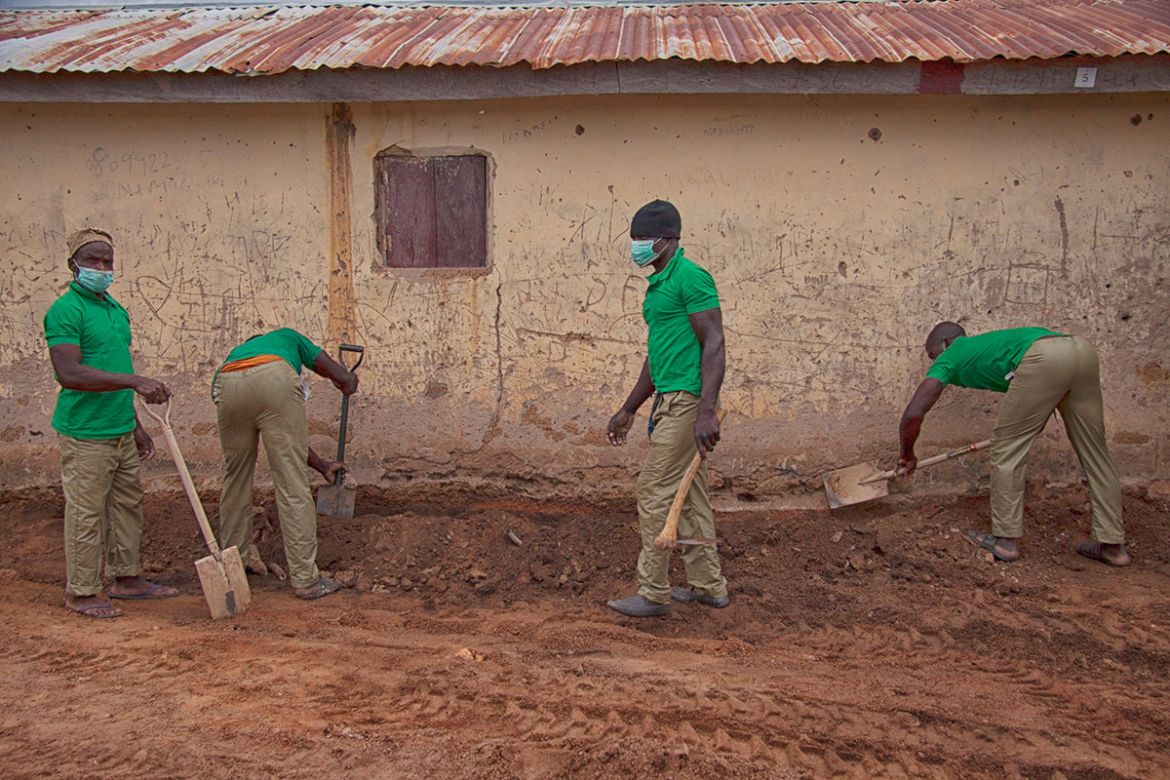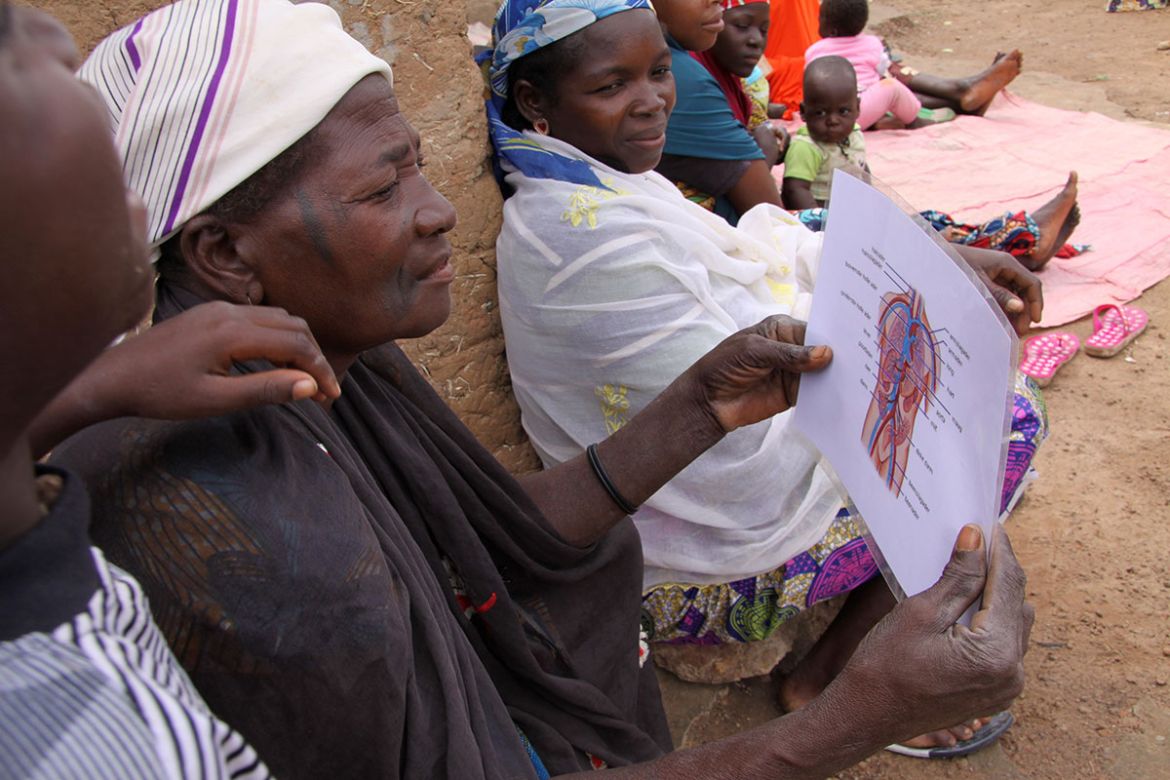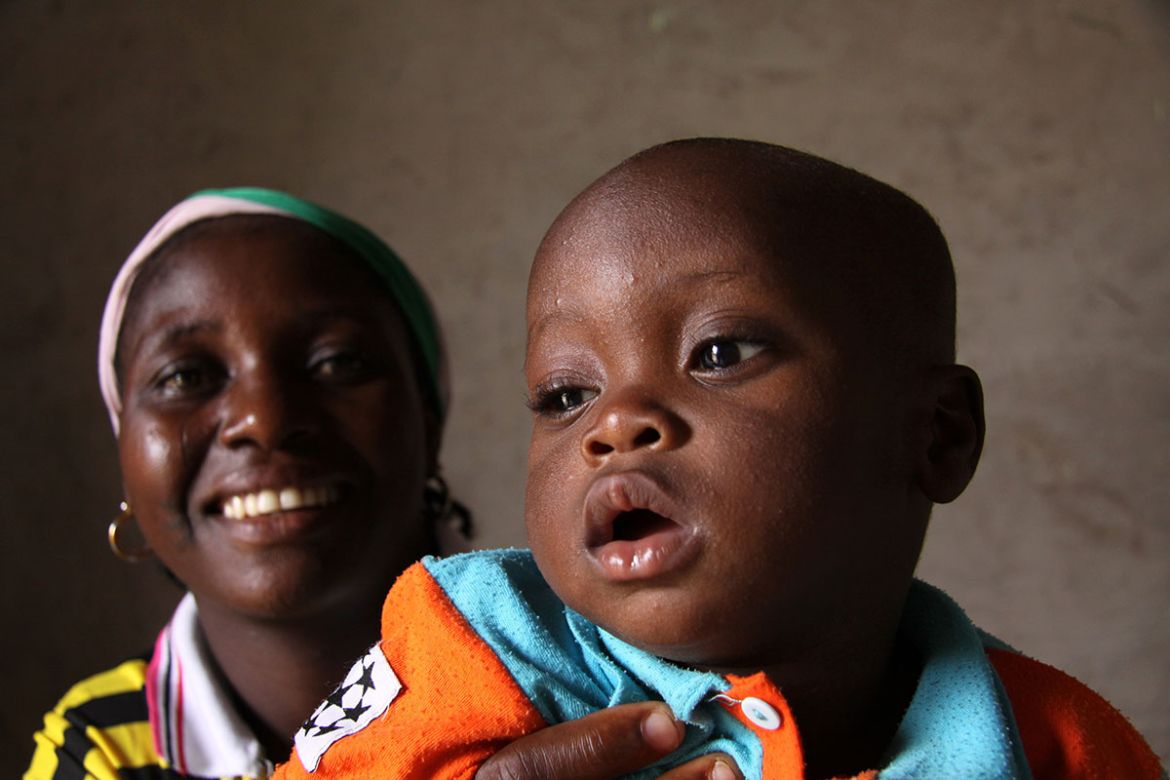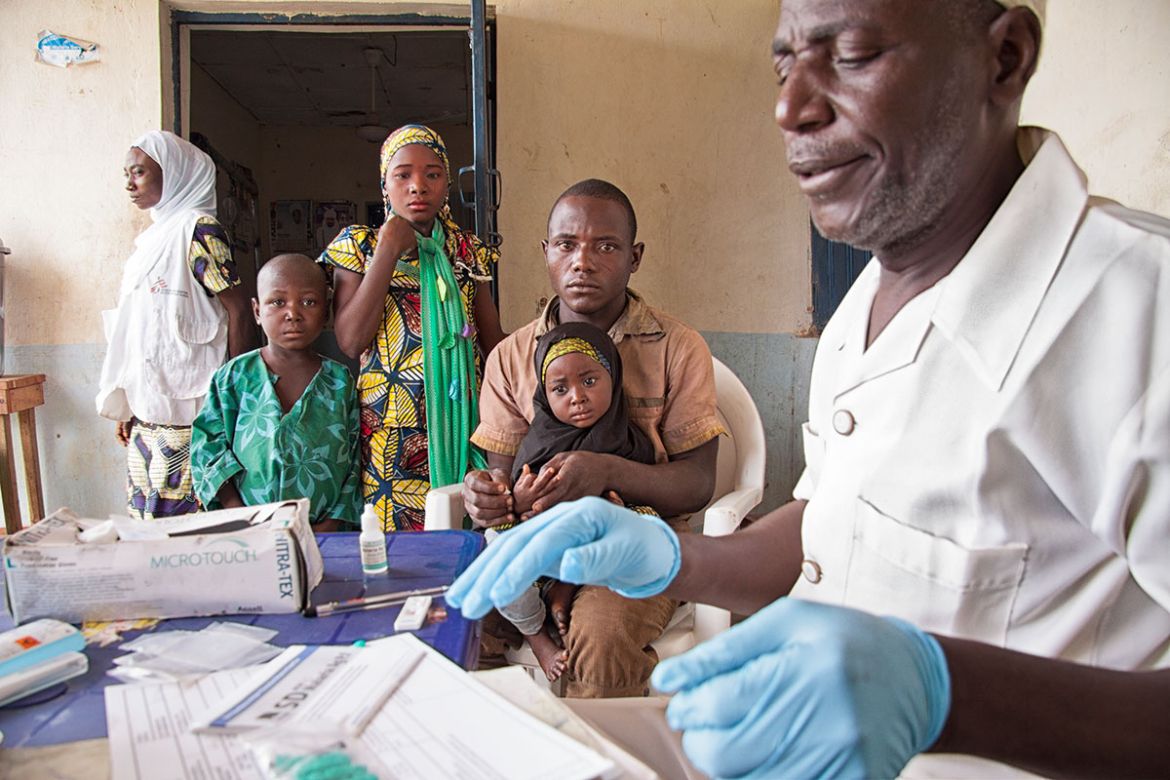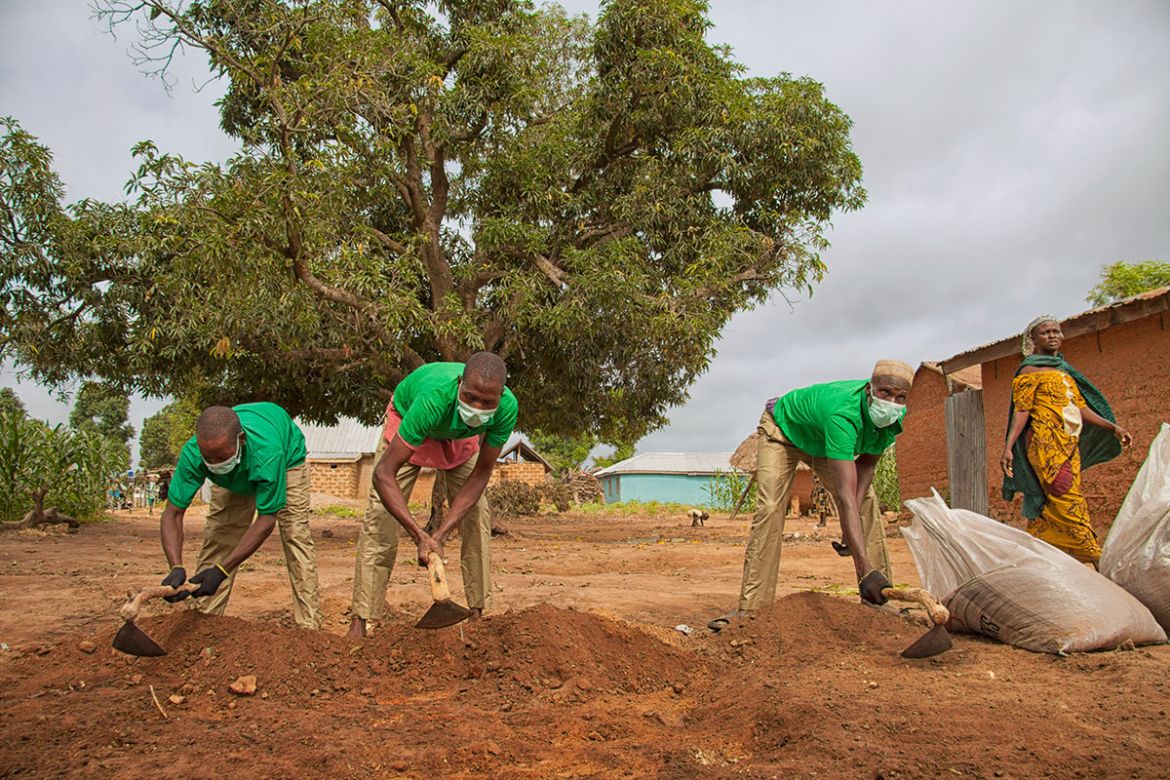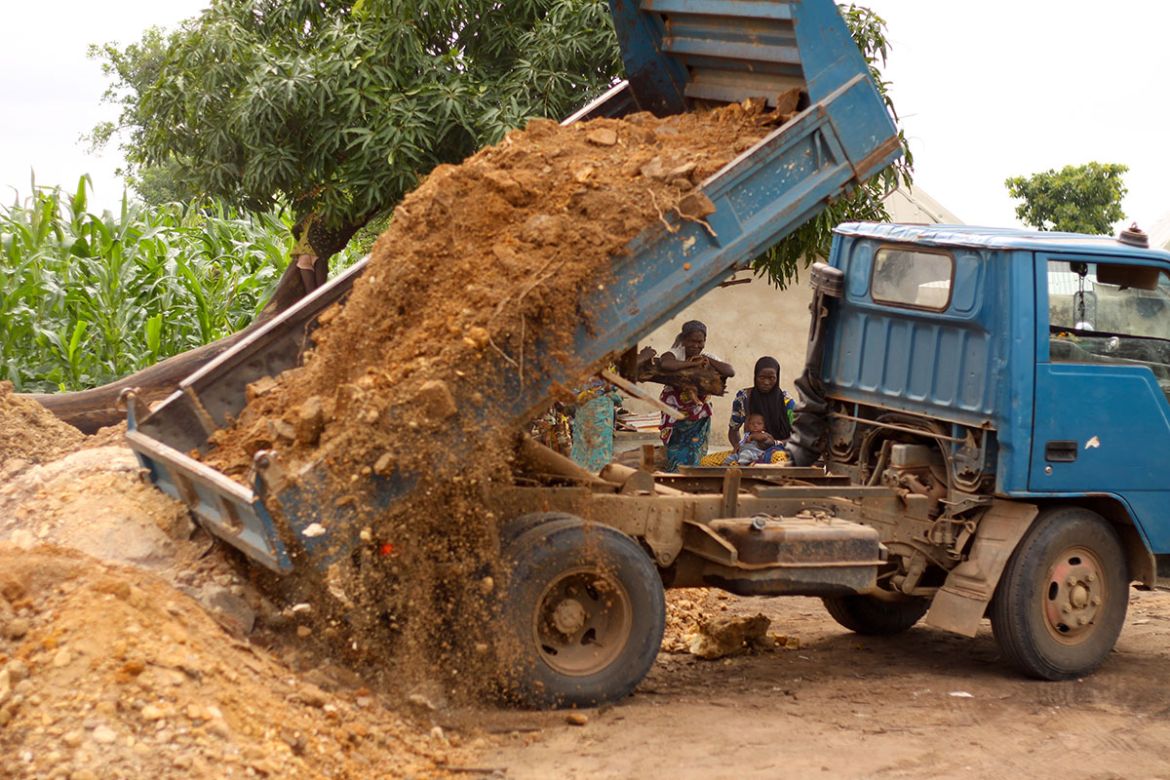In Pictures
A silent killer: Lead poisoning in Nigeria
Villagers grind rocks to separate the gold, causing dust with lead to settle on soil and expose people to the poison.
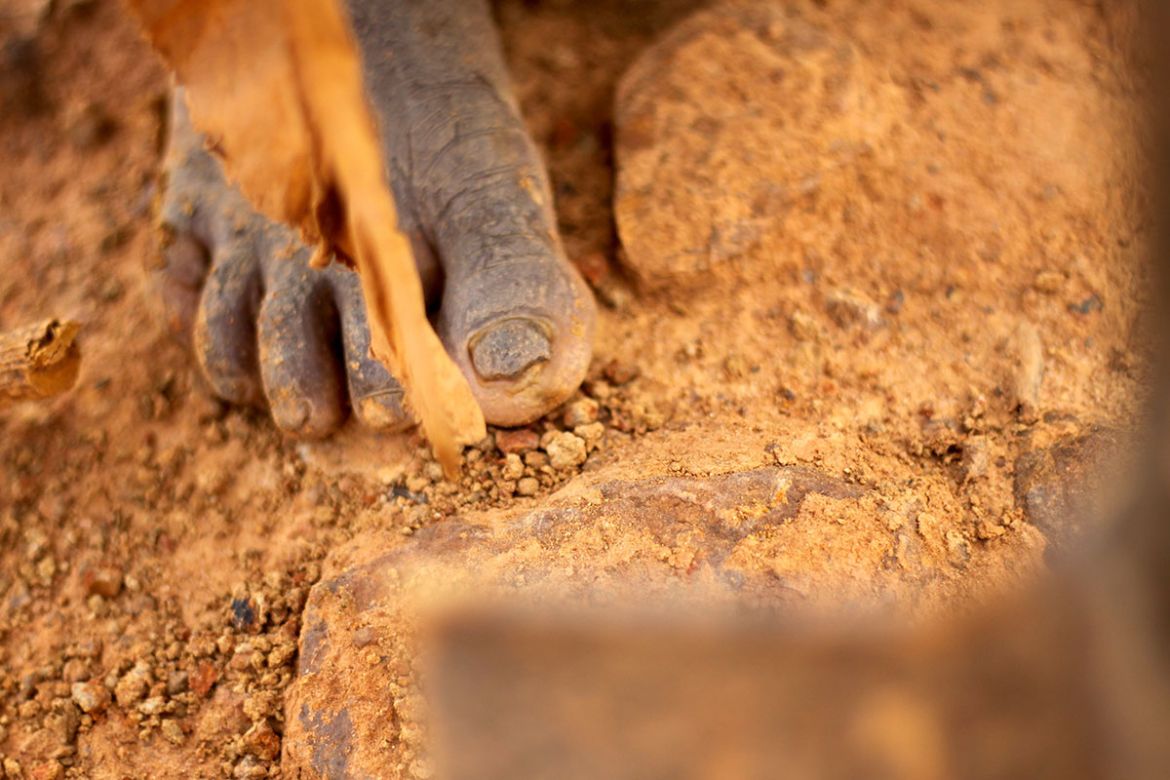
Niger State, Nigeria – Between April and May 2015, 28 children in Kawo and Magiro, two remote villages in Niger State, mysteriously died days after suffering symptoms of convulsions, insomnia and hallucinations.
The local authorities sought help from Doctors Without Borders (MSF), which has been running a lead poisoning intervention programme in neighbouring Zamfara State over the past five years. The outbreak of lead poisoning in Zamfara State was discovered in 2010. It has killed at least 400 inhabitants, mainly children, who are the most vulnerable owing to access and inadvertent ingestion of contaminated objects.
MSF discovered that the children in Niger State have died owing to extremely high levels of lead in their bodies.
According to Dr Simba Tirima, an environmental scientist who has been following the situation closely over the past six years, the outbreak resulted from unregulated rudimentary processing of lead-rich gold ores in the villages. The villagers grind the rocks in order to separate the gold, and the resulting dust containing high levels of lead settles on soil and other nearby surfaces, exposing the locals to the poison.
MAP: Africa’s natural resources
The miners in Niger State may have encountered the same lead-rich vein found in Zamfara, says Tirima. An estimated 3,000 residents of the two villages have been exposed to the lead.
At more moderate levels, lead poisoning can cause long-term physical and mental health problems, including aggressive behaviour, cognitive impairment and infertility, says Tirima. Once present, it can stay in the body for decades and can even pass through the placenta to an unborn child.
While the collaborative efforts of MSF, TerraGraphis International Foundation and Nigerian authorities have contained the outbreaks in Zamfara and Niger State, the problem for the affected communities is not yet resolved.
